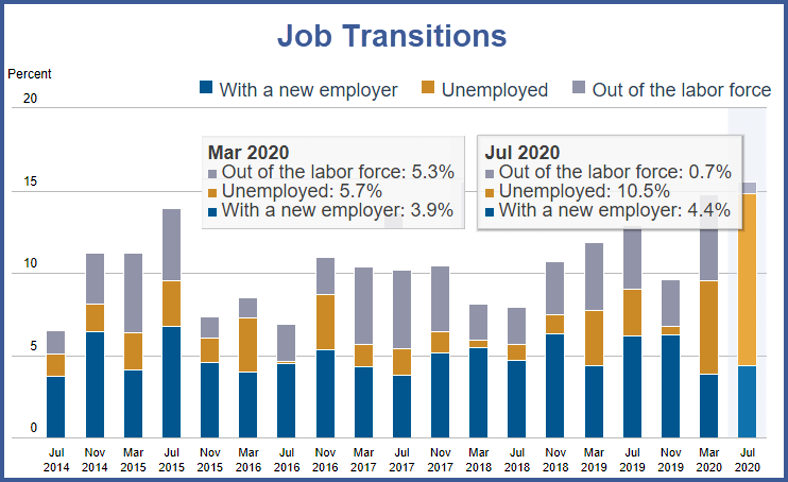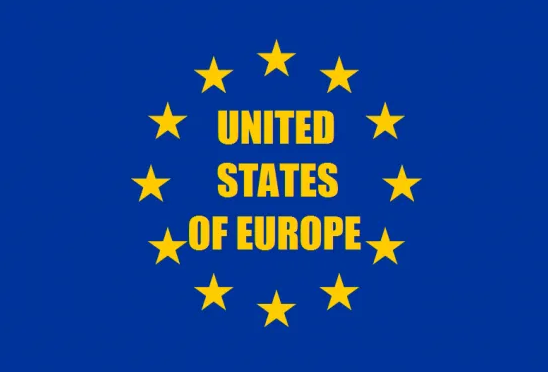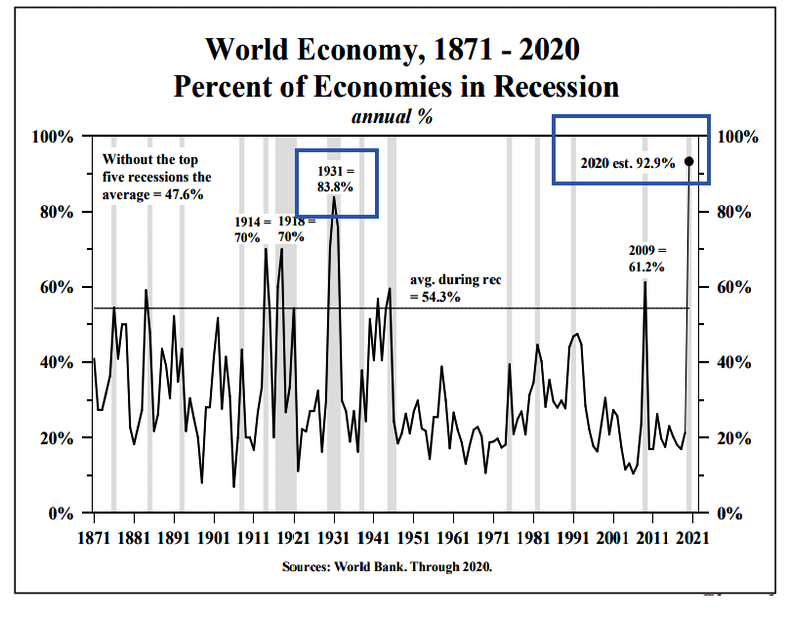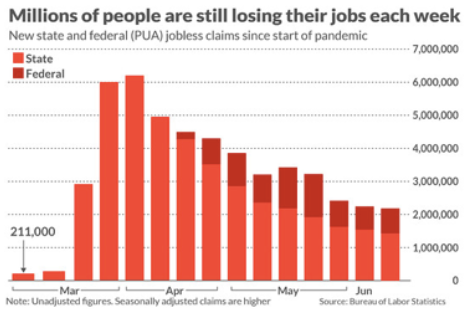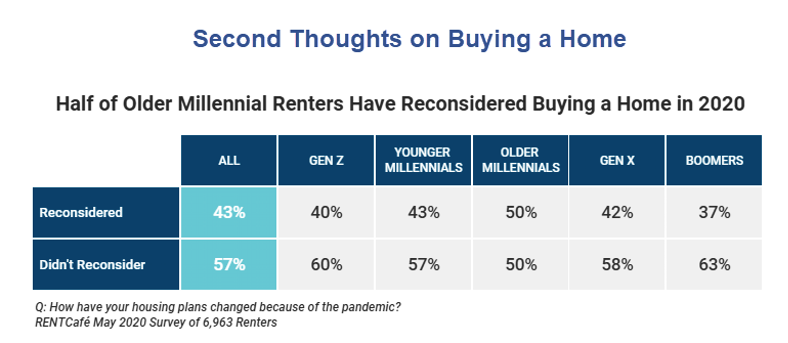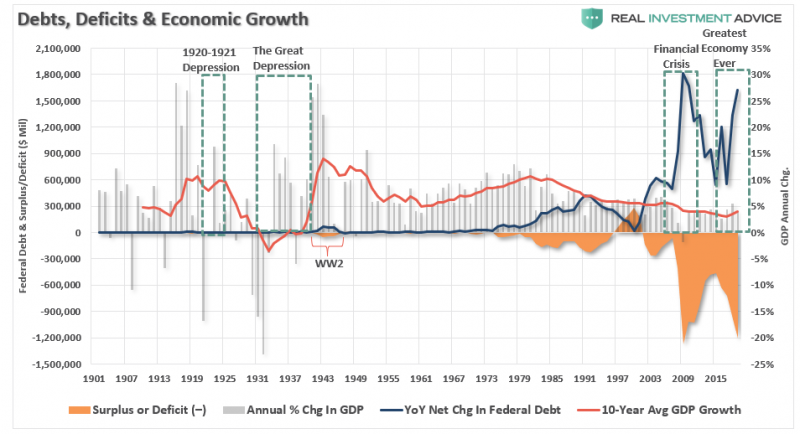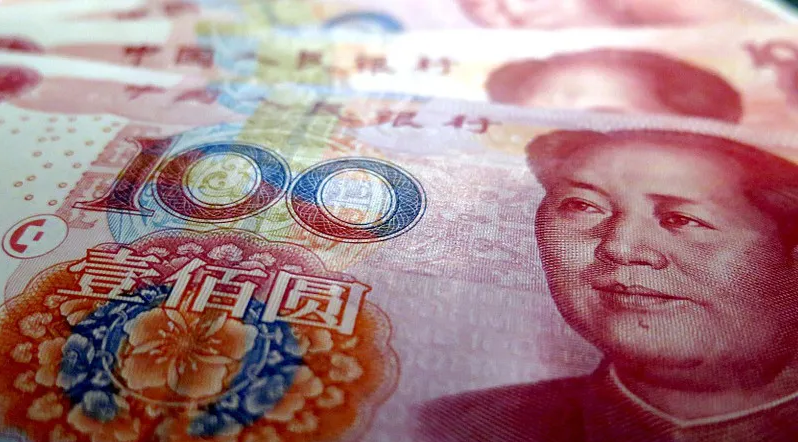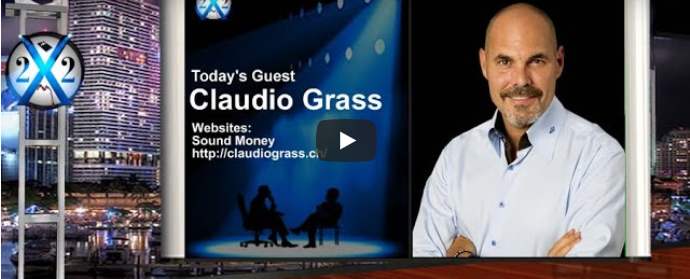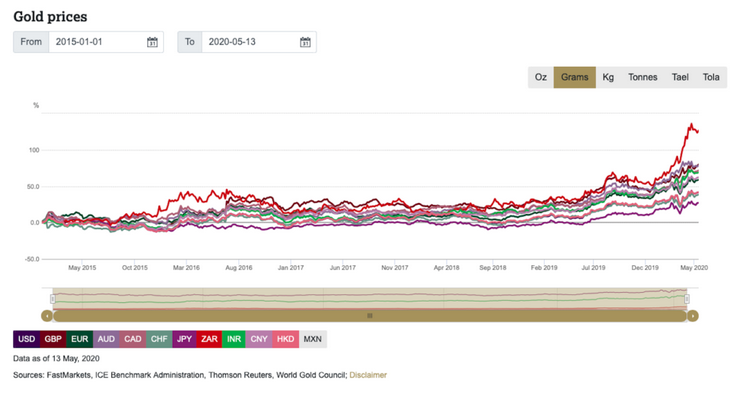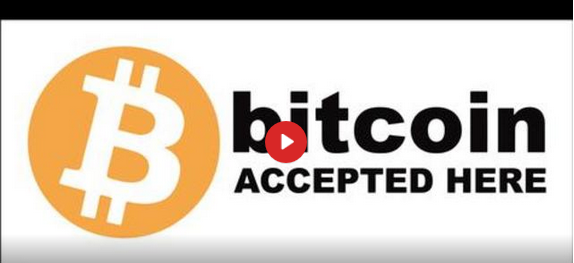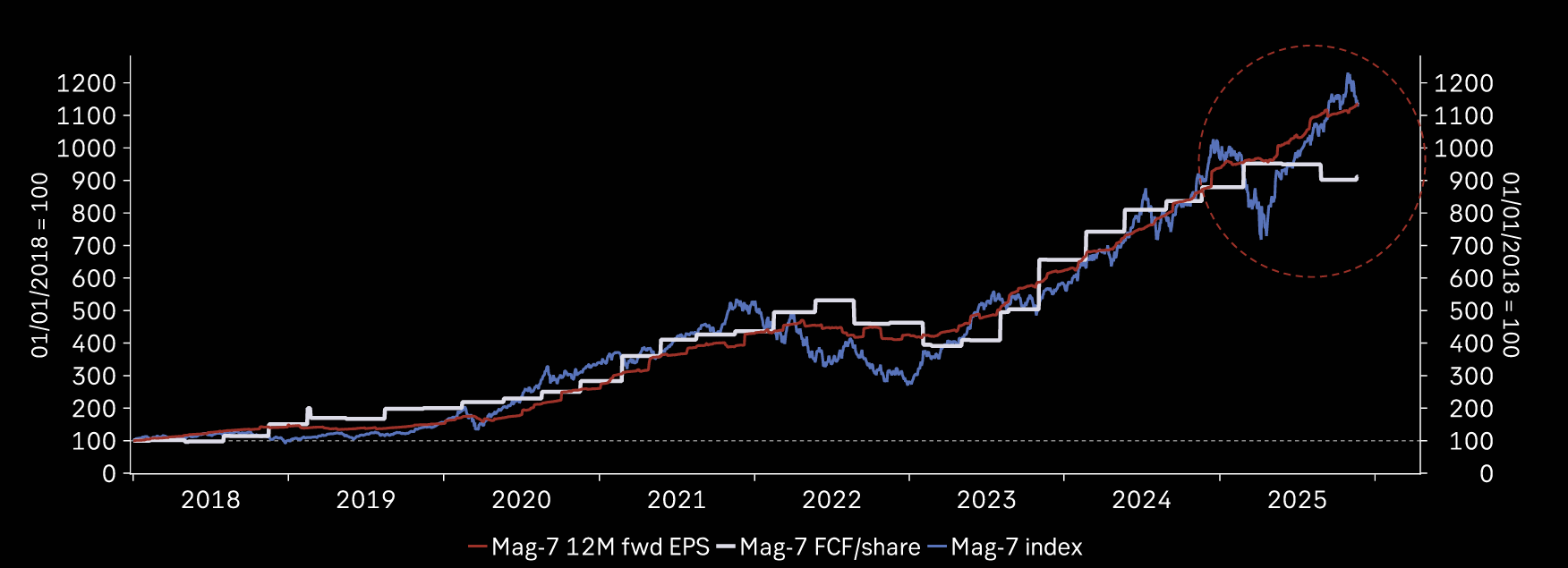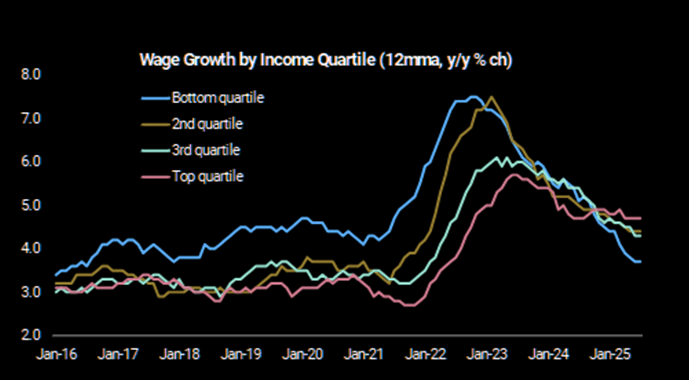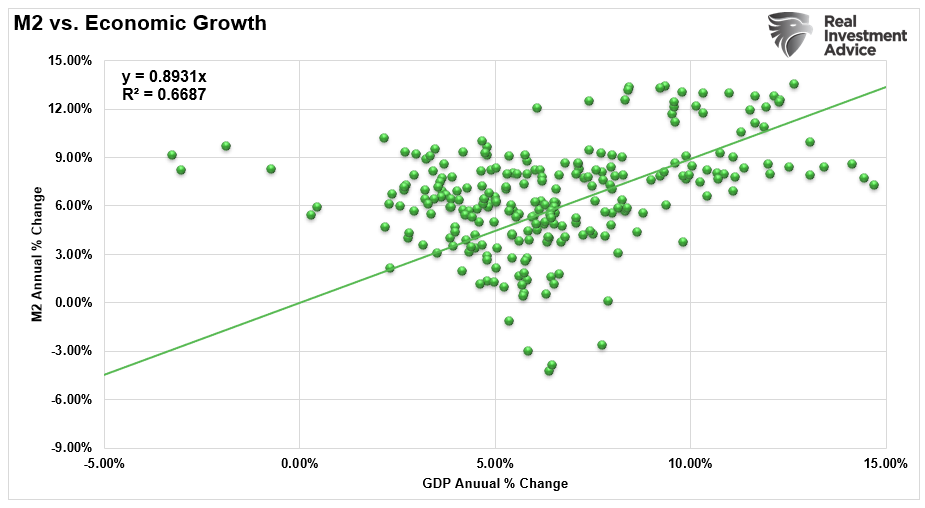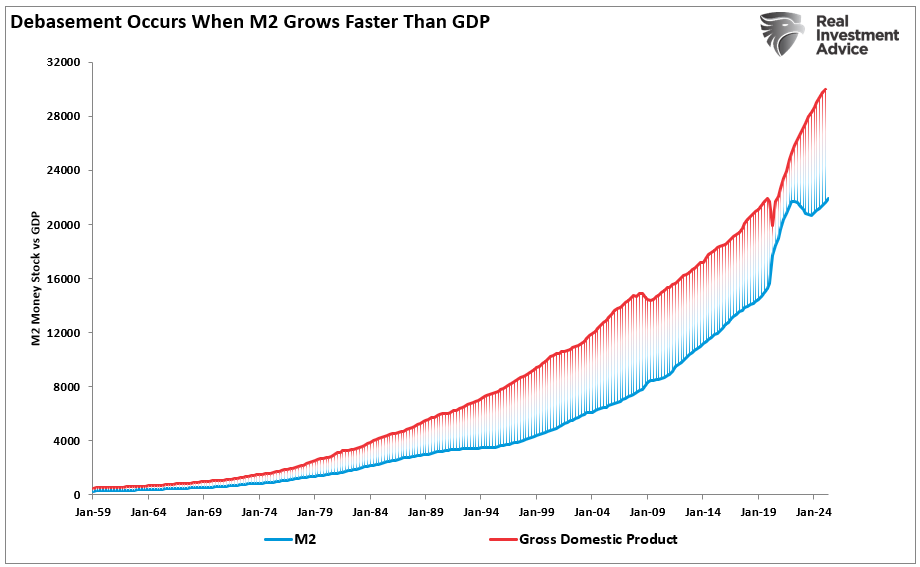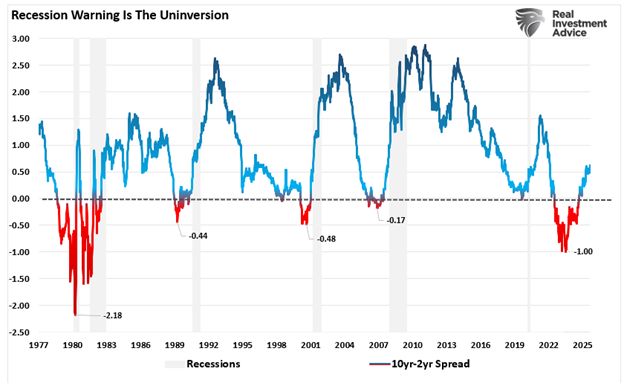Tag Archive: Economics
Consumer Mood Darkens On Employment Prospects
A Fed survey of expectations shows that the consumer mood darkens on employment and job prospects. This chart shows the changes in employment status of respondents who were employed four months ago. The Fed survey asks individuals currently employed (excluding self-employment) whether they are working in the same job as when they submitted their last survey.
Read More »
Read More »
“The U.S. economy felt like a balloon in search of a needle” – Part II
In this surreal policy environment, how has the role and the investment process of the value investor evolved, especially over the last decade? How can one still identify value in a world of subsidized binge borrowing, extreme indebtedness, and stock buybacks?
Read More »
Read More »
“The U.S. economy felt like a balloon in search of a needle” – Part I
As we move deeper and deeper into this covid crisis, more and more people understand that there’s a lot more to fear besides the disease itself. As the economic impact and the full scale of the damage caused by the lockdowns and the shutdowns become undeniable, there are too many questions lacking any sort of convincing answer and the future for so many employees, business owners, investors and ordinary savers seems bleak and uncertain.
Read More »
Read More »
You cannot print your way to prosperity – Part II
Looking at the damage inflicted upon supply chains, production facilities and global trade in particular, how quickly could these operations snap back even if all COVID-related restrictions were lifted tomorrow? Do you think we’ll eventually get back to business as usual, or have we now experienced a permanent shift to a “new normal”?
Read More »
Read More »
Gold doing what it does best – Part II
While the economic forces that drive this rush to precious metals are clearly understandable, there are other, deeper and less obvious factors that must also be taken into account. This “fear of uncertainty”, which pushes demand for gold higher as it has done so many times in the past, is different this time.
Read More »
Read More »
A blueprint for a European superstate
After intense negotiations, long days and nights of clashes and a distinctly sour note underlying the entire summit, European Union leaders finally agreed on an unprecedented 1.82 trillion-euro ($2.1 trillion) budget and COVID recovery package.
Read More »
Read More »
Is the West repeating India’s mistakes?
Following the publication of our last conversation with Jayant Bhandari, I received a lot of interesting feedback and remarks. The common denominator of all those comments was the astonishment of many Western readers at the real conditions and dynamics on the ground in India.
Read More »
Read More »
Unprecedented Recession Synchronization
The global recession is an unprecedented recession synchronization. Deflationary Consequences: Lacy Hunt at Hoisington Management explains the deflationary consequences of the current global situation in its Second Quarter 2020 Review.
Read More »
Read More »
War on poverty, or just war on the poor?
As the dust is now begging to settle, both from the heights of the COVID panic and from the riots that shook the western world, we are starting to get an idea about where we stand after this unprecedented and tumultuous time.
Read More »
Read More »
Shedlock: Millennial Renters Abandon Their Home Buying Plans
Millennial renters who were in the market pre-Covid just abandoned their home buying plans. A lifestyle survey shows millennials top the list of those canceling home-buying plans.
Read More »
Read More »
The Fed Is Trapped In QE As Interest Rates Can’t Rise Ever Again.
Since the onset of the pandemic, the Fed has entered into the most aggressive monetary campaign. Its goal was to bolster asset markets to restore confidence in the financial system. However, the trap is the Fed is in a position where they can never stop QE as interest rates can’t rise ever again.
Read More »
Read More »
The Theory Of MMT Falls Flat When Faced With Reality (Part II)
If you missed Part-1 of our series on the “Theory Of MMT Falls Flat When Faced With Reality,” start there. In Part-2, we complete our analysis of the theory and the potential ramifications. The premise of our discussion was this recent explanation of “Modern Monetary Theory” by Stephanie Kelton.
Read More »
Read More »
The War On Cash – COVID Edition Part II
The digital “toll” It doesn’t require too dark an imagination to realize the gravity of the concerns over the digital yuan. China is a true pioneer when it comes surveillance, censorship and political oppression and the digital age has given an incredibly efficient and effective arsenal to the state. Adding money to that toolkit was a move that was planned for many years and it is abundantly clear how useful a tool it can be for any totalitarian...
Read More »
Read More »
Reject the “Next Generation EU Plan”
The Václav Klaus Institute urging the Czech Government to reject the dangerous Ursula von der Leyen´s plan. It is rather rare that I share articles on my channel that are not from my own pen. The following article is therefore an exception and for good reason. It is written by none other than the former President of the Czech Republic Václav Klaus, with whom I have a long-standing relationship, based on great respect and many shared values.
Read More »
Read More »
Technocracy vs Liberty
“I prefer true but imperfect knowledge, even if it leaves much undetermined and unpredictable, to a pretense of exact knowledge that is likely to be false.” Friedrich August von Hayek
Read More »
Read More »
An unexpected blow to the ECB
Since the beginning of the year, the corona crisis has come to monopolize the news coverage to the extent that a lot of very important stories and developments either went underreported or were ignored altogether. One such example was the very surprising ruling out of the German Constitutional Court in early May, that challenged the actions and remit of the ECB.
Read More »
Read More »
“We are expecting a new wave and we’re prepared for it.”
Interview with Robert Hartmann, Co-Owner ProAurum, Over the last couple of months, we’ve witnessed unprecedented changes in the global economy, in the markets and in our societies. The corona crisis and the governmental measures that were introduced had a dramatic and direct effect on all of us, as investors and as citizens.
Read More »
Read More »
Hard talk with Václav Klaus: “The people should say NO to all of it.”
As we get deeper into this crisis and we get used to our “new normal”, it’s easy to focus on the daily corona-horror stories in the media or the latest shocking unemployment numbers, and lose track of the bigger picture and of what is really, fundamentally important. Even as the lockdown measures begin to get phased out, the scale of the economic damage is unimaginable and the idea of returning to “business as usual” is no longer tenable.
Read More »
Read More »
THE BITCOIN HALVING REVISITED – With Ann Rhefn
What is the Bitcoin Halving and What Might it Mean for the Price Watch “THE BITCOIN HALVING REVISITED – With Ann Rhefn”
Read More »
Read More »









